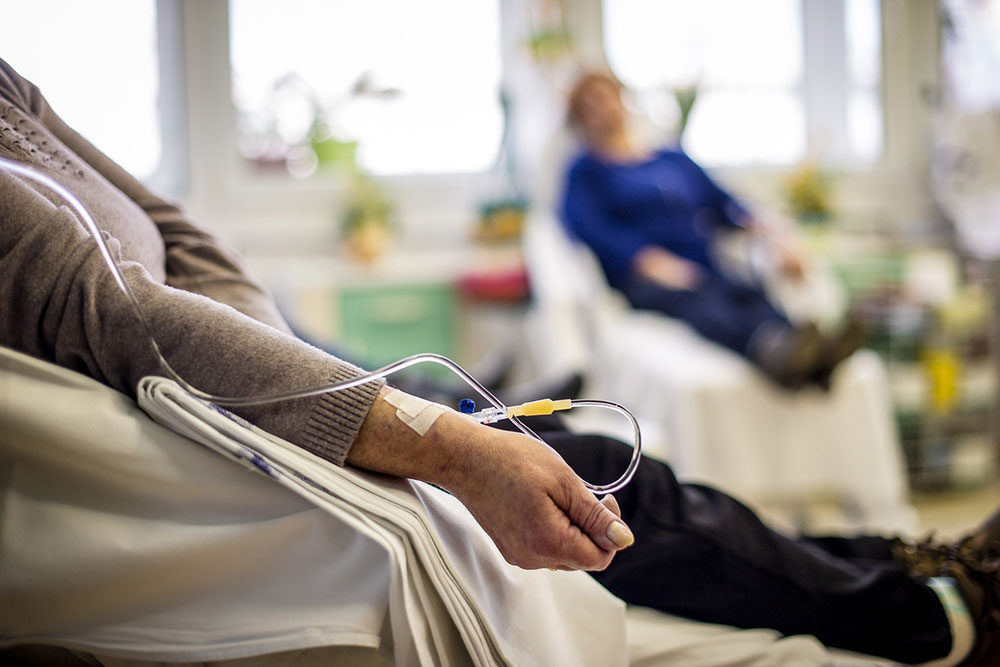
8 facts about chemotherapy you need to know
Even after the malignant tumor has been removed surgically, the body might still have cancer cells. These cells might spread to the other parts of the body and harm the organs. Chemotherapy is one of the cancer treatments that uses medications to kill or stop the growth of malignant or cancer cells. It is one of the most common forms of cancer treatments.
Chemotherapy is known to cause some serious side effects that disrupt the daily routine. So, before choosing this form of treatment to treat cancer, here are some things you should know:
The patient might not be required to stay overnight in the hospital
Contrary to the popular notion, chemotherapy sessions might be conducted in the doctor’s office, a clinic, an outpatient wing of a hospital, or even at home. The place of treatment and type of chemotherapy depends on factors such as the type of cancer, other medical conditions, and personal preferences.
There are different types of chemotherapy medications
It is not always necessary to get chemotherapy medication intravenously. The doctors might suggest other methods including topical gels and creams, pills, capsules, liquids that can be swallowed, and infusion ports. An infusion port is a device that holds medicines that are put underneath the skin connecting the vein. Apart from this chemotherapy medicines are also administered through injections.
Chemotherapy can help even if it doesn’t get rid of the tumor
As mentioned above, chemotherapy works by killing the cancer cell. But this might not always be the ultimate goal. Doctors use chemotherapy for other reasons such as: shrinking the tumor before the patient gets other treatments like radiotherapy or surgery and helping relieve from some cancer symptoms even if a cure isn’t likely.
The patient can continue to work between the chemotherapy sessions
It depends on the cancer stage if the patient can work during the treatment. Patients undergoing chemotherapy to treat advanced stages of cancer might be in need of ample rest and other medications to manage the side effects of chemotherapy. Hence, it is recommended to work part-time when going through chemotherapy sessions.
Side effects might even show years after treatment
Some long-lasting and late-developing side effects of chemotherapy include lung, hear, and kidney problems, infertility, and nerve damage.
Chemotherapy can also be used to treat diseases other than cancer
Since chemotherapy medications work well with fast dividing cells, doctors might also suggest chemotherapy for treating bone marrow diseases and overactive immune system.
Check if the medications are up to date
With killing cancer cells, most forms of chemotherapy medicines kill healthy cells. This raises the chances of suffering from infections during the treatment. Hence, it is important to check the patient has had all the vaccines (such as flu shot and tetanus) before chemotherapy. Make sure to visit the dentist to avoid any bacterial infection during chemotherapy sessions.
Over-the-counter vitamins and medicines can interfere with chemotherapy
Vitamin supplements are a safe way to improve health. However, taking high doses of vitamins during chemotherapy sessions can backfire the effects. Studies have shown that some nutrients present in vitamins might interfere with medicines causing unexplainable side effects.


